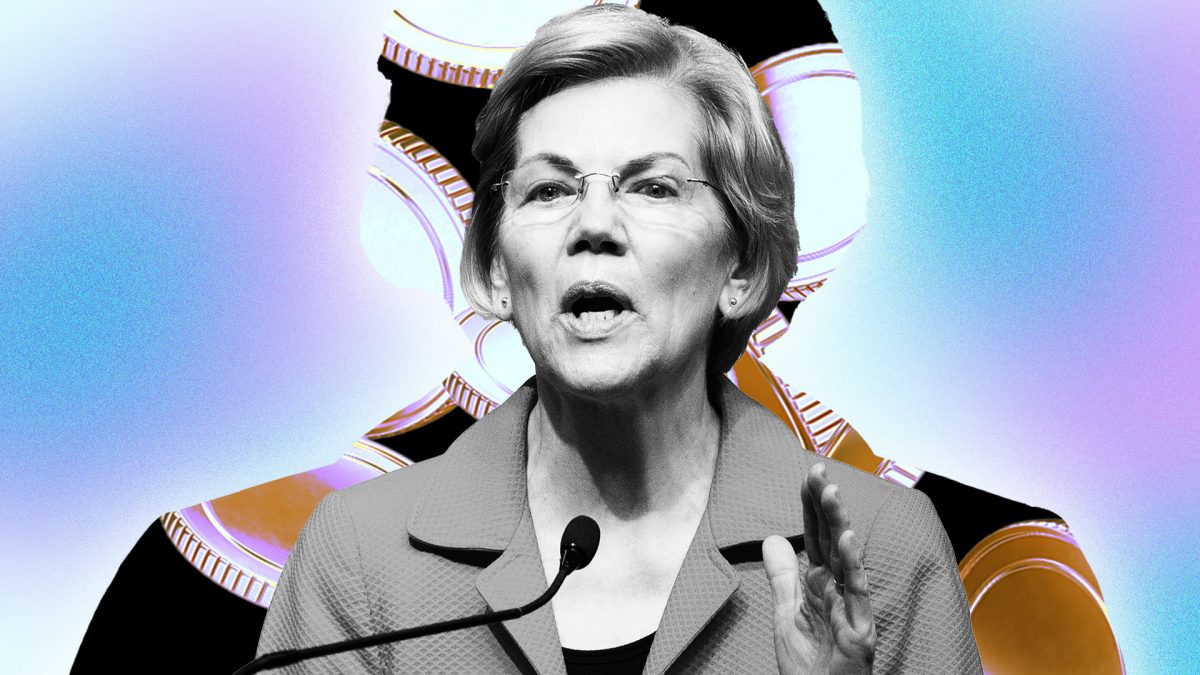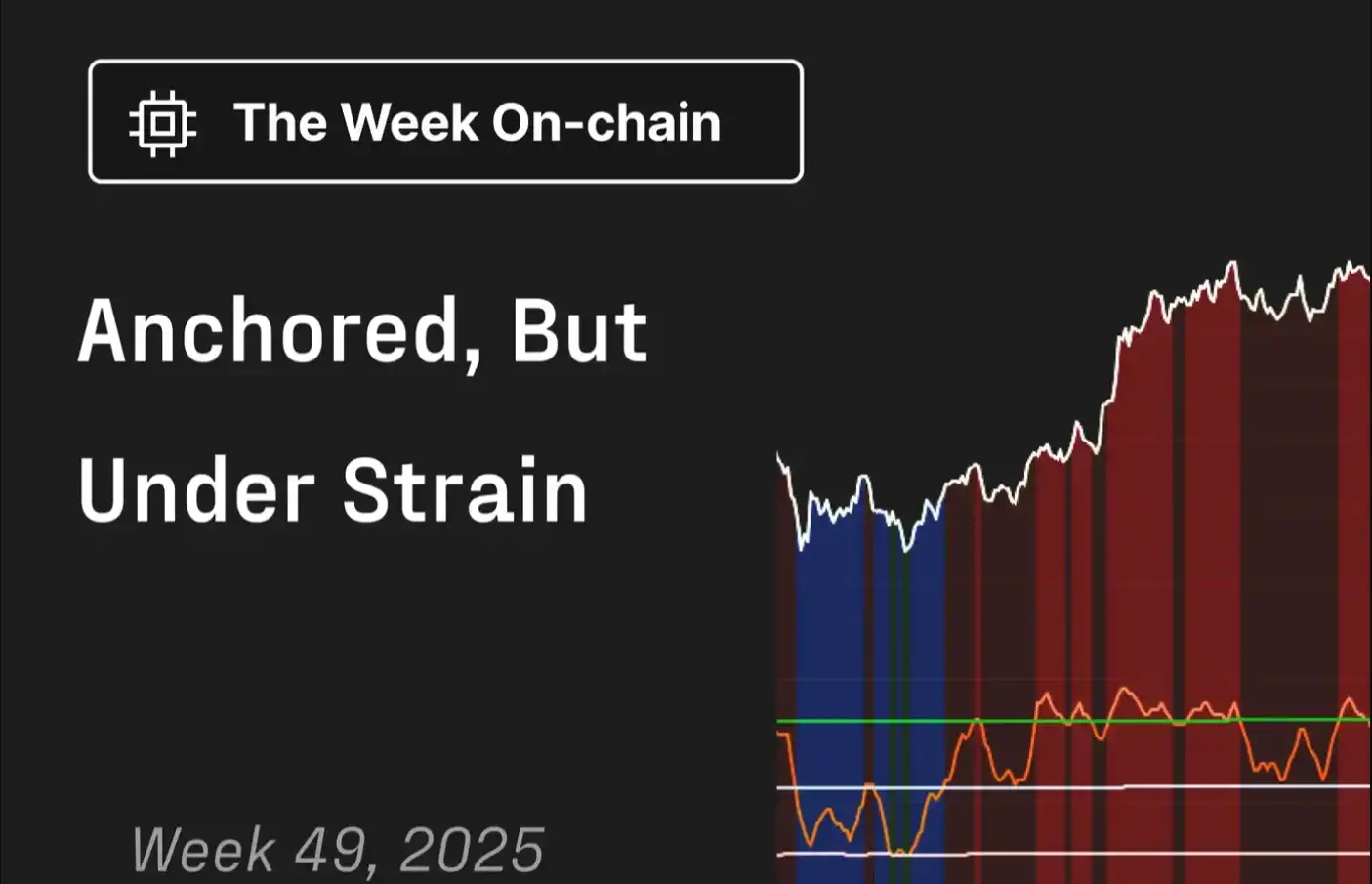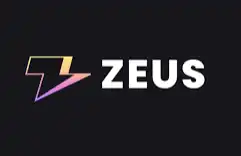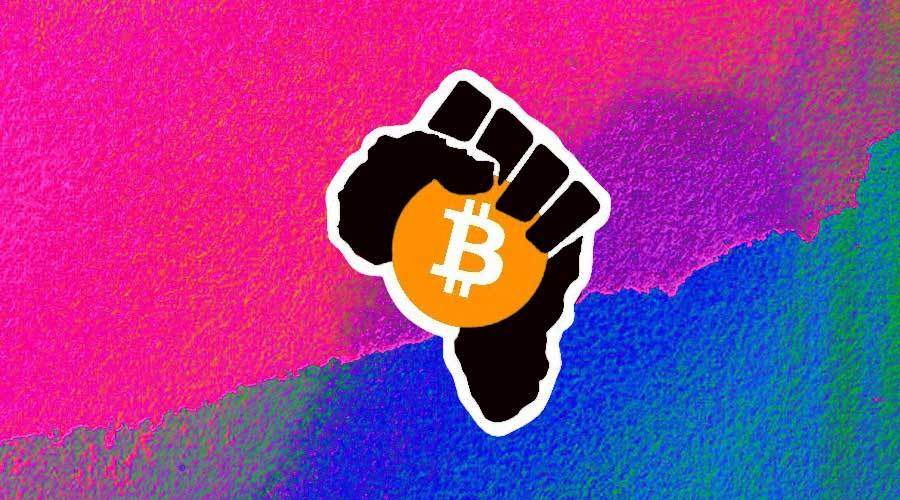Senate Banking Committee Democratic staff slam GOP crypto draft bill as 'superhighway' for dodging regulation
Quick Take In the Senate Banking Committee Republican version released last month, the term “ancillary assets” is now raising concerns. “Most concerningly, the bill provides a superhighway for traditional assets to escape the SEC’s authority simply by converting stocks and other non-crypto securities into tokens,” according to the fact sheet.

Democratic staff in the U.S. Senate Banking Committee say Republican counterparts' cryptocurrency draft bill creates a "superhighway" for assets looking to skirt regulators' authority.
In a fact sheet released on Monday, the Senate Banking Committee's Democratic staff warned that the Republicans' draft version of rules for the industry misses the mark.
"Most concerningly, the bill provides a superhighway for traditional assets to escape the SEC’s authority simply by converting stocks and other non-crypto securities into tokens," according to the fact sheet.
The top Democrat on that committee, Sen. Elizabeth Warren, has previously criticized the House's version for "language that would allow non-crypto companies to tokenize their assets to evade the SEC’s regulations." The House passed the Digital Asset Market Clarity Act in July, which would create a regulatory framework for crypto in part through designating how the U.S. Securities and Exchange Commission and the Commodity Futures Trading Commission will regulate digital assets.
In the Senate Banking Committee Republican version released last month, the term "ancillary assets" is now raising concerns.
Senate Republicans defined ancillary assets as being an "intangible, commercially fungible asset, including a digital commodity, that is offered, sold, or otherwise distributed to a person in connection with the purchase and sale of a security through an arrangement that constitutes an investment contract." Senate Democratic staff on Monday said the term was not limited to crypto and would allow firms to sell assets to investors without protections.
"Even for Americans who invest in non-crypto companies, this would mean exposing their retirement accounts and investments to greater volatility while stripping away existing federal and state enforcement tools to protect and help investors who get scammed," they said.
Companies in the U.S. have been ramping up efforts to bring tokenized stocks to the U.S. If they receive approval from the SEC, that could enable them to offer blockchain-based trading of traditional stocks, putting them in direct competition with other, more traditional finance brokerages. SEC Chair Paul Atkins has described tokenization as an "innovation" that could lead to more efficient markets. SEC Commissioner Hester Peirce drew a line last month in saying "tokenized securities are still securities."
Senate Democratic staff also raised concerns about President Donald Trump's crypto ventures and said the draft version "fails to rein" that in. Trump and his family's involvement with crypto has been an ongoing concern among many Democrats. Bloomberg estimated last month that the sitting president has profited some $620 million from his family's crypto ventures, including the World Liberty Financial DeFi and stablecoin project and the TRUMP and MELANIA memecoin launches. The Trump family also has a 20% stake in the mining firm American Bitcoin , which is expected to go public .
Disclaimer: The content of this article solely reflects the author's opinion and does not represent the platform in any capacity. This article is not intended to serve as a reference for making investment decisions.
You may also like
Glassnode: Bitcoin Weakly Fluctuates, Is Major Volatility Coming?
If signs of seller exhaustion begin to appear, a short-term move towards $95,000 and the short-term holder cost basis is still possible.

Should You Still Believe in Crypto
No industry has always been right from the beginning, until it truly changes the world.

Zeus unveils institutional-grade MPC infrastructure blueprint at Solana Breakpoint 2025, enabling Bitcoin to enter Solana’s on-chain capital markets
The focus will now shift to building MPC tools and providing support for developers, driving the creation of more native UTXO applications on Solana.

When Belief Becomes a Cage: The Sunk Cost Trap in the Crypto Era
As cryptocurrencies transition from idealism to mainstream finance, participants need to be wary of the sunk cost effect and soberly assess whether they are still striving for a worthwhile future.

